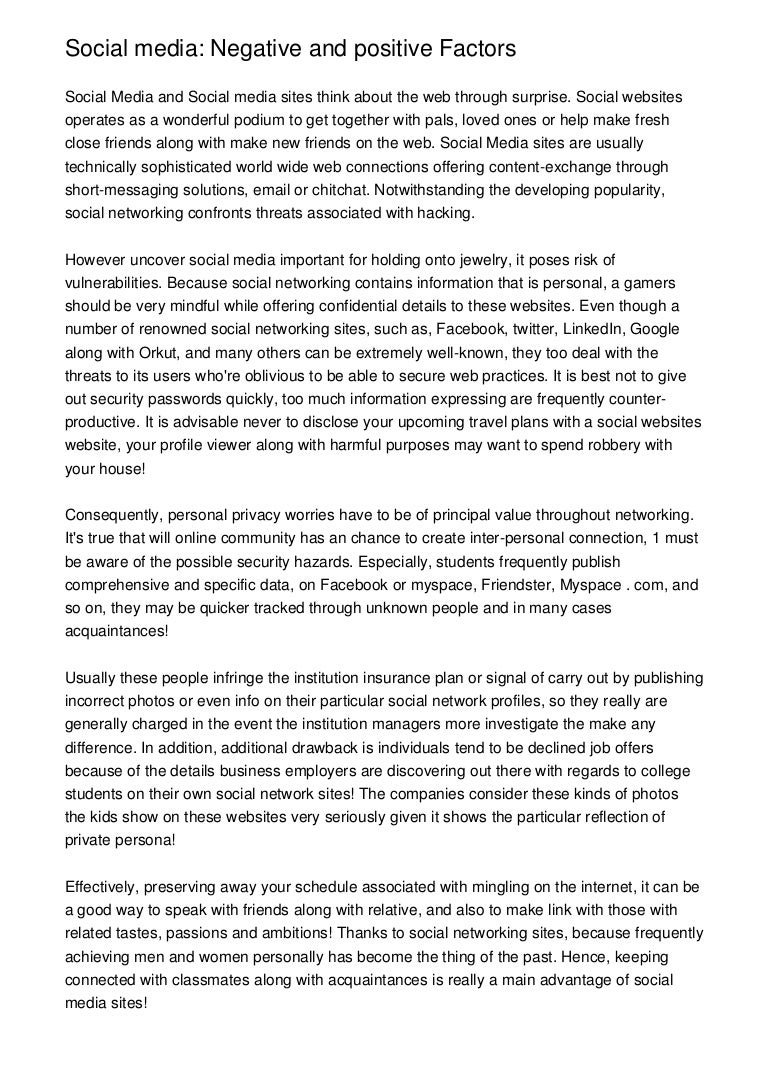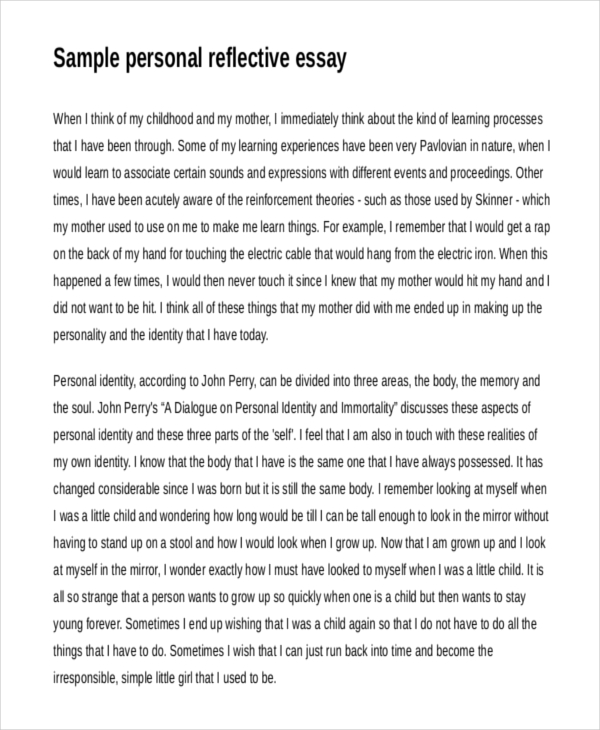
WebIndividuals from the lower classes are unable to access efficient services due to the social status. These services include health insurance among other benefits. They also live in Web() defined social class in relation to the ownership of means of production Weber (), on the other hand, divided social class into power, wealth and prestige. Social Web1/10/ · Social class is the status of the society in which individuals are classified on basis of political, economic and cultural perspectives. The balance between different
≡Essays on Social Class. Free Examples of Research Paper Topics, Titles GradesFixer
The notion of objectivity of class existence is the main contribution of Karl Marx. His emphasis is on the economic factors. Power, style of life and property determine the class status of individuals in the society, essays on social class. Karl Marx defined the social classes by their relation to the means of production ownership essays on social class non-ownership. In modern capitalist society there are two principal classes the capitalist and the proletariat, essays on social class. Image Courtesy : borderzine. Max Weber, like Marx, is another German thinker who has seen the importance of economic factor in the classification of a society. He agreed with the fundamental tenet of Marx that control over property is a basic fact in the determination of the life chances of an individual or a class.
That is to say, the members of a particular class will have more or less chance of getting good things of life — things such as a high standard of living, leisure etc. To the economic dimension Weber added two other dimensions, prestige and power. He saw these factors as separate but interacting bases of social hierarchy. His notions are that property creates classes, prestige creates status groups and power creates parties. Like Marx, Weber recognized the important role of property in giving rise to status group. However, he gave it less importance than Marx did. Weber had given emphasis on life-style in deciding status group. Weber says that status groups are formed on the basis of prestige and honour. He admits that difference in property can constitute the basis for differences in honour or prestige.
Many modern sociologists regard status as the basic criterion of social class. According to this view, classes arise wherever social differentiations in terms of language, locality, faction or specialization are associated with a status hierarchy. These differentiations may give rise to significant class phenomena only when they develop common sentiments. What is most important in making class distinction is the sense of status which is sustained by economic, political or ecclestical power and by the distinctive modes of life and cultural expression corresponding to them. In this sense the status separates one class from the other. Thus, classes essays on social class status marked and group conscious strata.
It follows that the division of society into classes on the basis of status is unavoidable. But the primary determinant of status is unquestionably essays on social class. In a class-ridden society, a man possessing wealth has resources through which he can exercise both economic and political power. Social class are defacto groups and their basis is mainly economic. But they are more than economic groups, essays on social class. Class system is a universal phenomenon. It is prevalent in all modern and complex social systems. Social classes are determined by their relation to means of production.
A social class also includes wealth, property, income etc. Class is also related to status dimension. Status groups are composed of persons having the same life style and in joining similar social honour. Thus, status consciousness separates the individuals both physically and psychologically. In class system status is achieved, not ascribed. Class is open and elastic and mobility is possible. A man can, by his effort and initiative, change his class and thereby rise in social status. Feeling of class consciousness is experienced among the members of a particular class. The members feel a sense of equality within their own class and a sense of superiority or inferiority in relation to the members of lower or higher classes.
The persons of a particular class develop status consciousness and this is reflected through the status symbols of different class groups. The status symbols of the upper classes are considered prestigious, whereas the status symbols of the middle classes are considered less prestigious. A class is a stable group. It is not temporary like a crowd or mob. Although social mobility in the class system is possible, class cannot be interpreted as transitory. Under certain extraordinary situations such as revolutions, movements etc. the class is subject to rapid transformation. A particular social class is marked off from the other classes by its life-styles.
Life-style include the mode of living such as, the dress pattern, essays on social class, the type of house, the leisure time activities, essays on social class, the mode of consumption, the essays on social class to media and the mode of communication etc. Social Class. You must be logged in to post a comment. Your Article Library Home Static Main Menu Home Share Your Files Disclaimer Privacy Policy Contact Us Prohibited Content Prohibited Content Image Guidelines Plagiarism Prevention Content Filtrations Terms of Service Account Disabled. Related Articles: The Nature of Social Class Social Class in India: Class Typology and Class Consciousness.
The Principal Features of Architecture during Akbaris Rule in India. Welfare Schemes for essays on social class Scheduled Castes in India — Essay. Leave a Reply Click here to cancel reply.
Social Class: WTF? Introduction to Bourdieu and Marx on class
, time: 8:04Social Class Essays | WOW Essays
WebSocial Classes in Regency England Regency England was very different from the world today. Society revolved around social classes, which typically correlated with wealth and Web1/10/ · Social class is the status of the society in which individuals are classified on basis of political, economic and cultural perspectives. The balance between different Web() defined social class in relation to the ownership of means of production Weber (), on the other hand, divided social class into power, wealth and prestige. Social

No comments:
Post a Comment